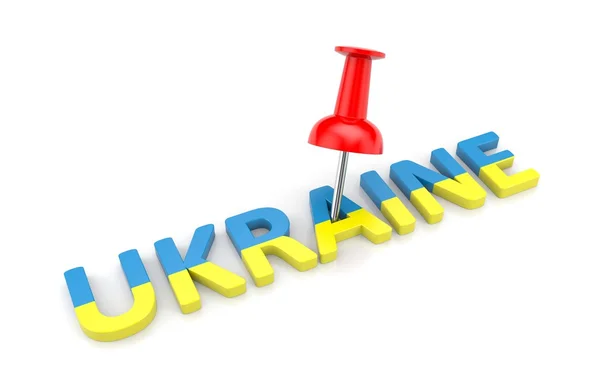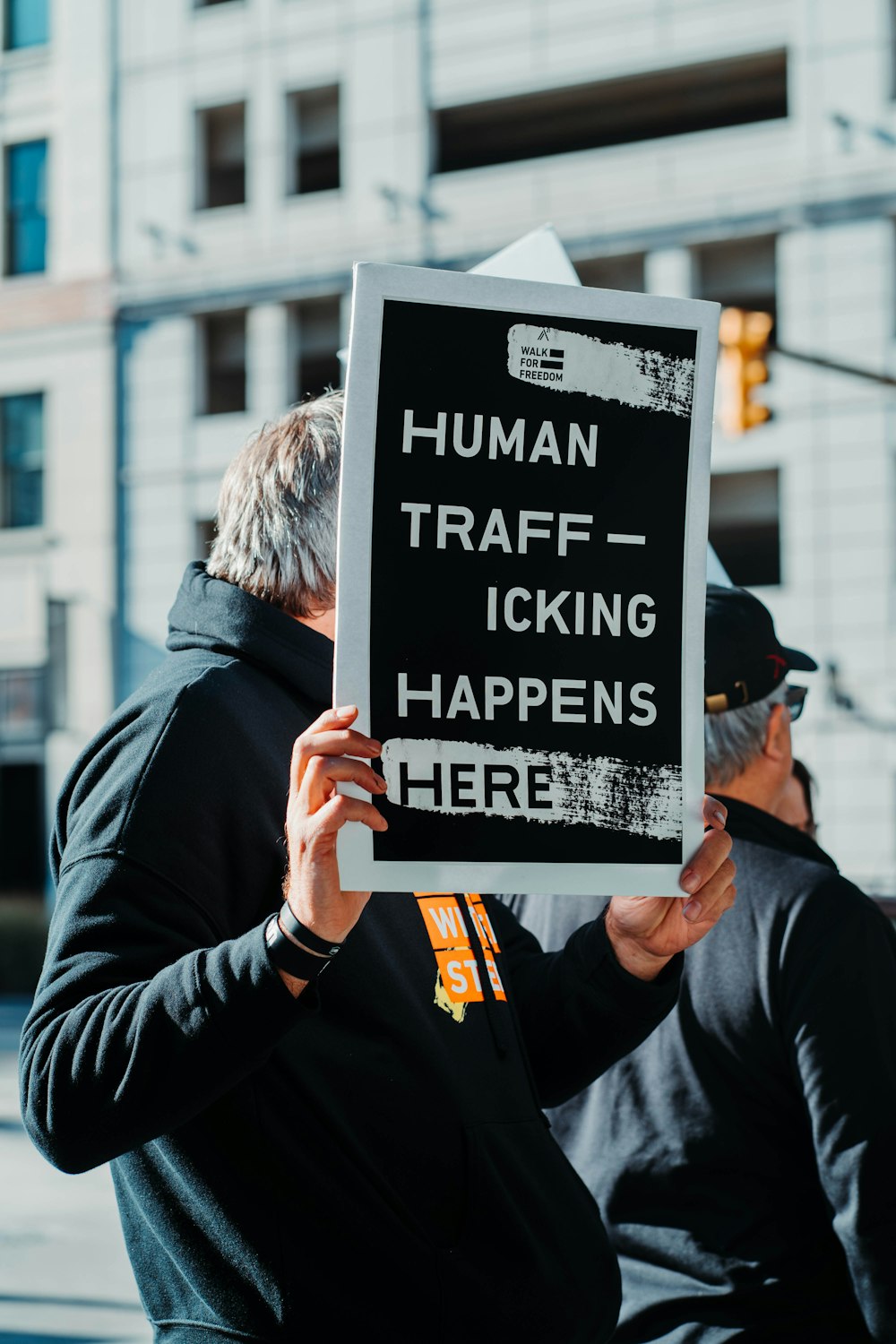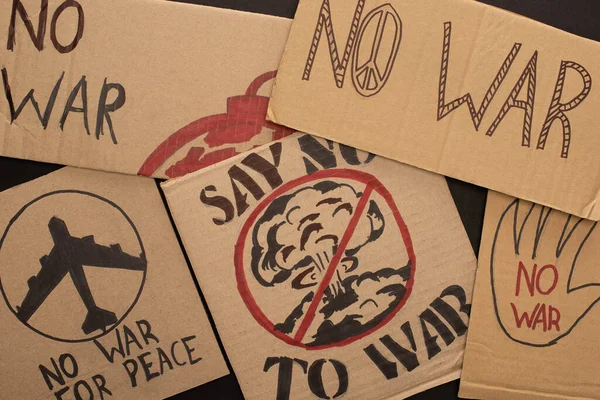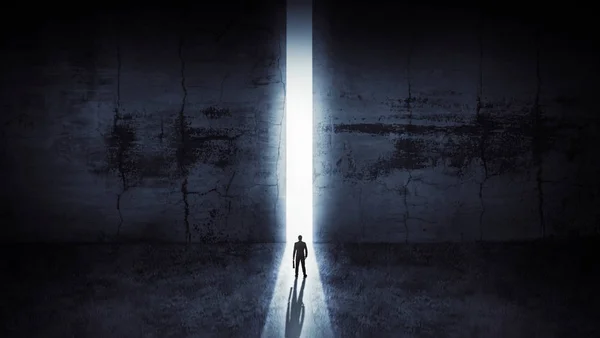
In the Catholic Peace Weekly of the Catholic Times, a Professor gives the readers his understanding of the direction of world opinion on the Ukraine War.
A year has passed since the Russian invasion broke out in Ukraine. As soon as the professor heard the news of the invasion on February 24 last year, a question came to mind. Just as North Korea's invasion of the South in 1950 intensified the Cold War confrontation, is Russia's invasion a turning point that ushers in a new Cold War order?
In the face of the blatant threat of Russia, Europe has united around NATO. In particular, Sweden and Finland, which are geographically close to Russia, abandoned their military neutrality and pursued NATO accession. In the meantime, both countries have tried to ensure safety by not provoking Russia, but now the Russian threat is close, and concrete deterrence measures must be put in place. `
However, it is still difficult to predict the arrival of a new Cold War. The situation is complex and fluid. China promised unlimited cooperation with Russia before the war broke out, but it cannot openly support or oppose Russia's war. A resolution condemning Russia was passed by an overwhelming majority of 143 countries at the UN Special General Assembly last October, but 35 countries, including China, India, and South Africa, abstained. Despite Western economic sanctions against Russia, not only China but also India continues to import Russian crude oil. Even the EU has not completely stopped importing Russian gas. In many developing countries, national debt, climate catastrophe, and the corona pandemic are much more urgent than the geopolitical upheaval following the Russian invasion.
The fate of Ukraine has become a weather vane for world order. A Russian victory would strengthen solidarity and authoritarianism with China, and China would consider invading Taiwan more seriously. Conversely, a victory in Ukraine would reaffirm the viability of the liberal order. Of course, there is the possibility of an ambiguous end to the war or a truce.
The future of war is still unpredictable. At the beginning of the war, Russia expected an easy victory with its mighty military power, but Ukraine's desperate resistance changed the situation. However, Russia is also stepping up its war readiness in earnest. While it is not known how long the war of attrition will continue. Western arms support is gradually expanding.
Korea criticized Russia's invasion right after the war broke out and agreed to the UN resolution. It has also participated in economic sanctions against Russia and humanitarian aid to Ukraine. However, in our society, the war in Ukraine is more like a “fire across the river.” A protest is being held in front of the Russian Embassy in Korea to condemn the Russian invasion, but public interest is low. In April of last year, Ukrainian President Zelensky held a video address at the National Assembly Library, but political interest and attendance were low.
Recently, military aid to Ukraine has emerged as a major diplomatic issue. Until now, the Korean government has drawn a line on direct arms support. However, as the NATO Secretary General who visited Korea at the end of January, urged in a special lecture, the international demand for active arms support is growing stronger. The West has high expectations for Korea, which has emerged as a favorite of the world's defense industry, amid some limitations in the ability to supply weapons to the United States and others. On the other hand, we need to be cautious as it could worsen relations with Russia and negatively affect our preparedness. The level of public interest in the war in Ukraine is also a key variable in policy making.
There are no easy answers to questions like arms support. However, the process of finding the answer is just as important as what the answer is. Since it is an issue at stake in the world order, an active discussion is needed. There may be discussions within the government, but social discussions are greatly lacking. Any policy has its pros and cons, but efforts to form social consensus will broaden the base of support for the policy and strengthen consistency.





